
新能源管理科学与工程
下单以备注书名为准:《新能源管理科学与工程》,正版全新可开发票
¥ 34.7 5.9折 ¥ 59 全新
库存3件
四川成都
认证卖家担保交易快速发货售后保障
作者窦智
出版社科学出版社
出版时间2022-08
版次1
装帧平装
上书时间2024-10-09
- 在售商品 暂无
- 平均发货时间 14小时
- 好评率 暂无
- 最新上架
商品详情
- 品相描述:全新
图书标准信息
- 作者 窦智
- 出版社 科学出版社
- 出版时间 2022-08
- 版次 1
- ISBN 9787030720627
- 定价 59.00元
- 装帧 平装
- 开本 16开
- 纸张 胶版纸
- 页数 216页
- 字数 272.000千字
- 【内容简介】
- 《裂隙介质污染物传质动力学=Mass Transfer Dynamics of Contaminant in Fractured Media:英文》结合我国生态文明建设的国家战略需求,依托国家重点研发计划“场地土壤污染成因与治理技术”重点专项 (2019YFC1804303),紧密结合科研育人的内在要求,从培养高层次创新型人才知识结构需求出发,注重内容的理论性、系统性、前沿性和完整性。主要内容包括裂隙介质概念、结构与特性、裂隙介质水动力学基础、裂隙介质中污染物基本传质过程、裂隙介质中污染物传质的数学模型、裂隙介质中污染物传质的数值模拟方法、裂隙-孔隙双重介质传质过程、裂隙介质中污染物传质界面的演化规律等内容。
- 【目录】
-
Contents
Preface
Chapter 1 Introduction 1
1.1 Mass transfer in saturated system 4
1.2 Mass transfer in unsaturated system 11
Chapter 2 Concepts, Structure, and Properties of Fractured Media 15
2.1 Basic concepts of fractured media 15
2.2 Structure of fractured media 19
2.3 Properties of fractured media 23
2.3.1 Porosity of rock mass 23
2.3.2 Permeability of rock mass 24
2.3.3 Permeability of geologic formations 27
2.4 Characterization and reconstruction of fractured media 30
2.4.1 2D self-affine fracture generation 30
2.4.2 3D sheared fractures with the shear displacement 35
Chapter 3 Basic Law of Fluid Flow in Fractured Media 38
3.1 Basic concepts of fluid flow in fractured media 38
3.1.1 Viscous versus inviscid regions of flow 39
3.1.2 Laminar versus turbulent flow 39
3.1.3 One-, two-, and three-dimensional flows 40
3.2 Linear flow law 41
3.2.1 Darcy’s Law 41
3.2.2 Cubic law 45
3.3 Non-linear flow law 49
3.3.1 Izbash equation 50
3.3.2 Forchheimer equation 50
3.4 Multiphase flow 52
3.4.1 Basic concept of multiphase flow 52
3.4.2 Immiscible fluid flow 62
3.4.3 Immiscible three-phase flow 63
Chapter 4 Basic Process of Mass Transfer in Fractured Media 65
4.1 Diffusion 65
4.2 Brownian motion and Fick’s Law 70
4.2.1 Brownian motion 70
4.2.2 Fick’s First Law 74
4.2.3 Fick’s Second Law 75
4.3 Advection 77
4.4 Difference in dispersion and diffusion 79
4.5 Taylor dispersion 84
4.6 Adsorption and desorption 90
4.7 Precipitation and dissolution 91
Chapter 5 Mathematical Model of Mass Transfer in Fractured Media 93
5.1 Analytical solution of advection-dispersion equation (ADE) model 93
5.1.1 ADE model and analytical solution in one-dimensional fractured media 93
5.1.2 ADE model and analytical solution in two-dimensional fractured media 94
5.1.3 ADE model and analytical solution in three-dimensional fractured media 102
5.2 Continuous time random walk (CTRW) model 106
5.3 Mobile-Immobile (MIM) model 107
5.4 Spatial moment 108
5.5 Scalar dissipation rate(SDR)and dilution index 110
5.5.1 Scalar dissipation rate (SDR) 110
5.5.2 Dilution index 112
Chapter 6 Numerical Methods of Mass Transfer Process in Fractured Media 114
6.1 Lattice Boltzmann method 114
6.2 Immiscible two-phase transport model: Phase field method 119
6.3 Pore-scale aqueous solute transport model 121
6.4 Coupling strategy 122
6.5 Behaviors of aqueous tracer mass transfer 125
Chapter 7 Mass Transfer Between Matrix and Filled Fracture During Imbibition Process 134
7.1 LF-NMR measurement and principle 134
7.2 Experimental materials 136
7.3 Distribution of the imbibed water 138
7.4 Imbibition rate and analytical model 143
Chapter 8 Influence of Wettability on Interfacial Area for Immiscible Liquid Invasion 149
8.1 Interfacial area for immiscible liquid invasion 149
8.2 Entry pressure 151
8.3 Two phase flow characteristics 153
8.4 Capillary pressure saturation and interfacial area relationships 156
Chapter 9 Multiscale Roughness Influence on Solute Transport in Fracture 162
9.1 Statistical self-affine property 162
9.2 Roughness decomposition 166
9.3 Flow field characteristics in fractures 171
9.4 Relationship between tracer longitudinal dispersion and Peclet number 172
Chapter 10 Influence of Eddies on Solute Transport Through a Fracture 180
10.1 Flow field and eddies formation 180
10.2 Spatial evolution of solute and BTC characteristics 183
10.3 Inverse model for non-Fickian BTCs 187
10.4 Uniformity of concentration distribution 189
Chapter 11 Lattice Boltzmann Simulation of Solute Transport in Fractures 192
11.1 Coupling flow and concentration fields based on LBM 192
11.2 Taylor dispersion simulation based on LBM 194
11.3 Characteristics of solute transport in a single rough fracture 195
References 201
List of Frequently Used Symbols 213
点击展开
点击收起
相关推荐
— 没有更多了 —


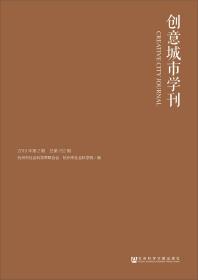
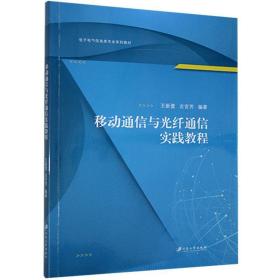
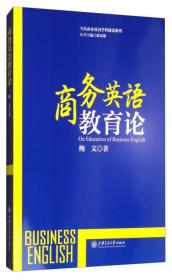
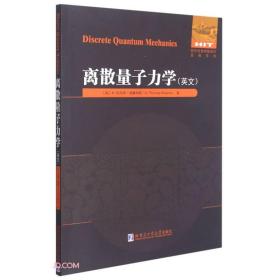
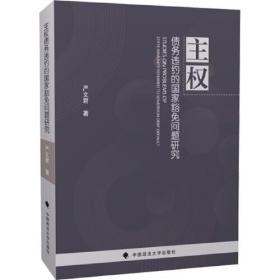


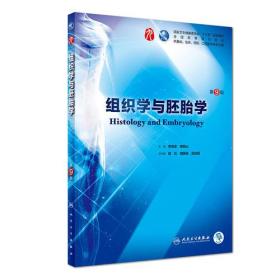








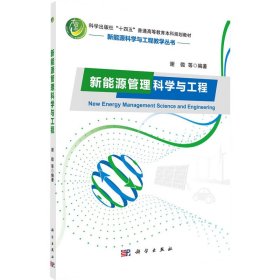
以下为对购买帮助不大的评价